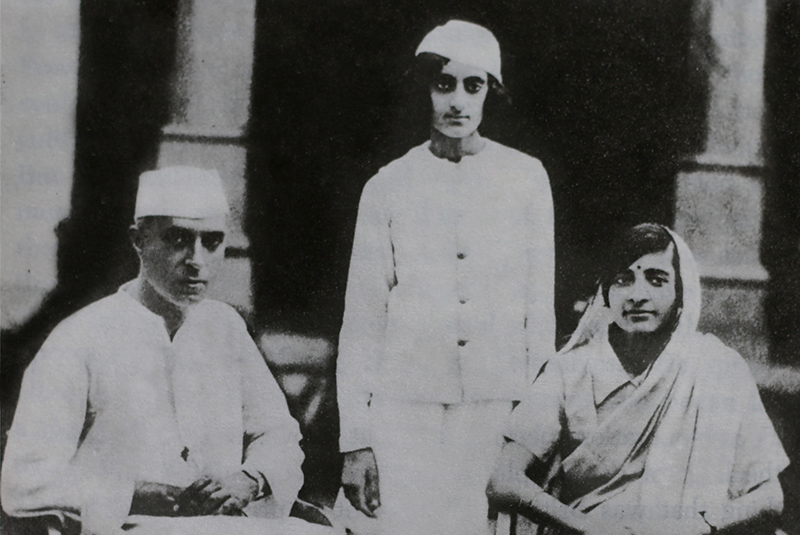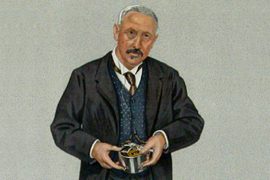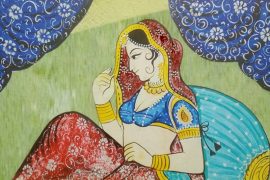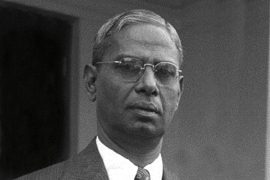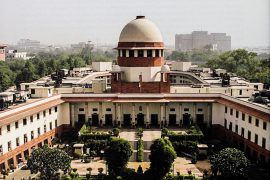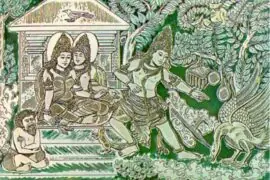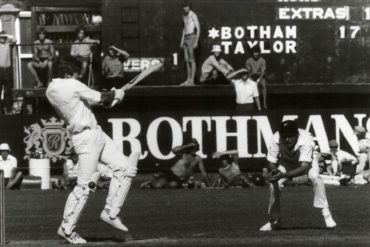When Mahatma Gandhi set out on the Dandi March in 1930, Indira Gandhi was a thirteen-year-old girl, bickering with her parents to let her take part, full-time, in the freedom struggle. Born in a family where almost all her relatives were involved in national politics, it was hard for young Indira to remain a passive observer, especially living in Anand Bhawan — the hub of the movement in Allahabad.
In Motilal Nehru’s residence, the women too were actively involved in the fight against the British. Her grandmother Swaroop Rani, her mother Kamla Nehru, aunts Vijayalakshmi Pandit and Krishna, all had come out to picket and face lathi charges. Kamla, despite her poor health, eagerly joined in addressing gatherings, picketing, tending to those injured in lathi blows and organising voluntary services.
Ever keen to participate as a full-time Congress worker, the teenaged Indira appealed to her parents time and again but was disallowed. In 1929, Indira was with Nehru as he typed the final copy of the resolution for Purna Swaraj. When her father asked Indira to read out the resolution, she did so fervently. Once she finished, Nehru said:
Well, now that you have read it, you are committed to it.
Indira became the first Indian citizen to pledge to the cause of Purna Swaraj.
Copyright©Madras Courier, All Rights Reserved. You may share using our article tools. Please don't cut articles from madrascourier.com and redistribute by email, post to the web, mobile phone or social media.Please send in your feed back and comments to [email protected]

